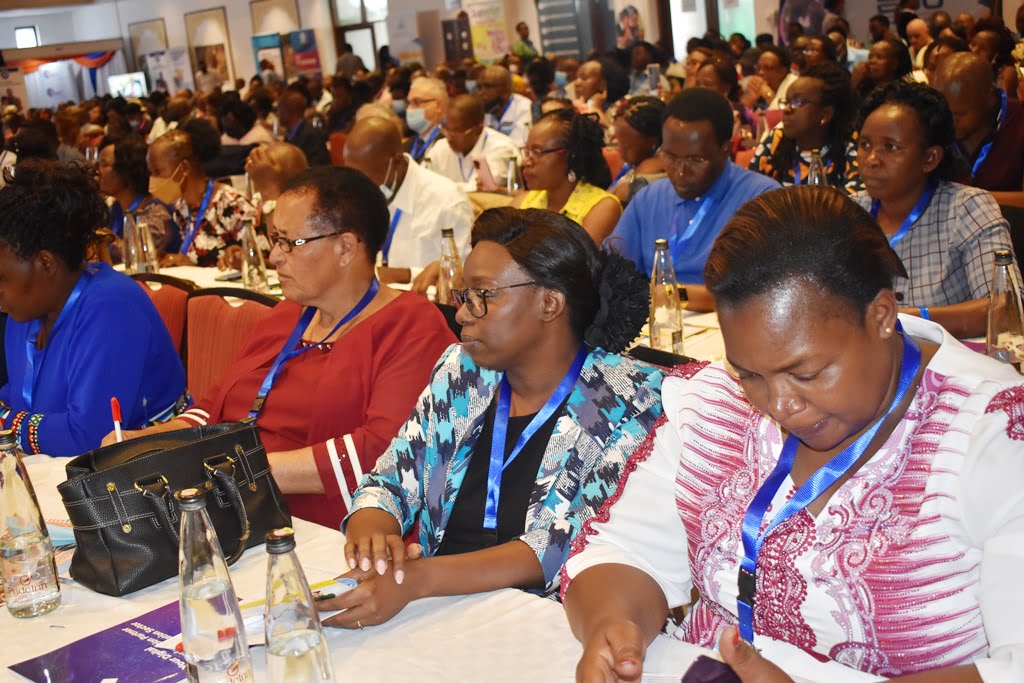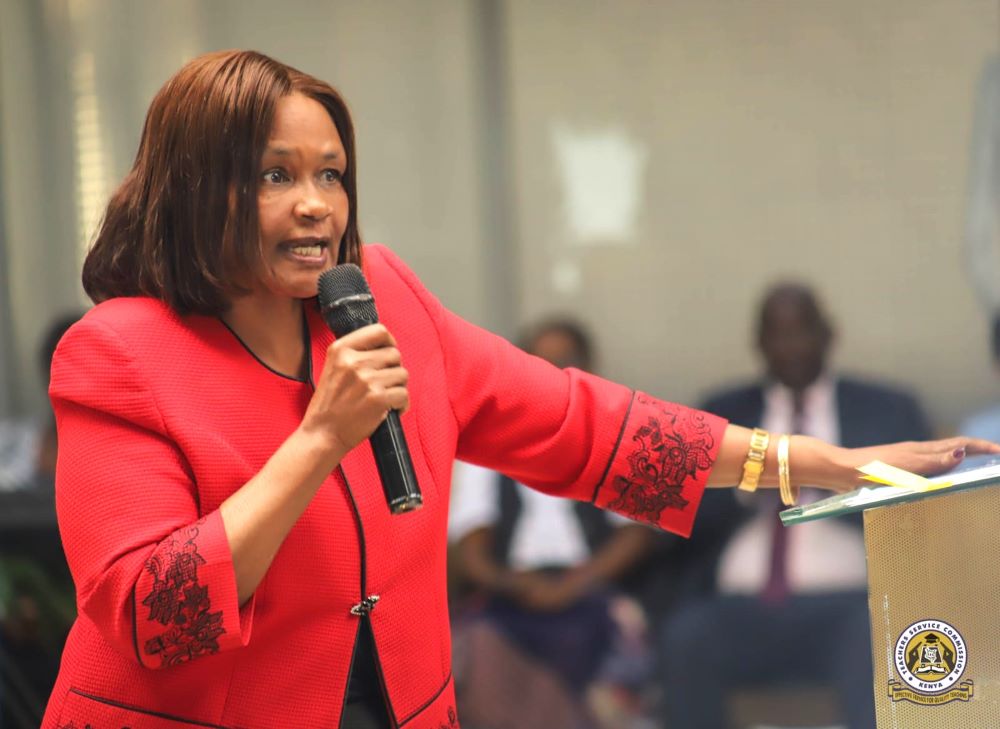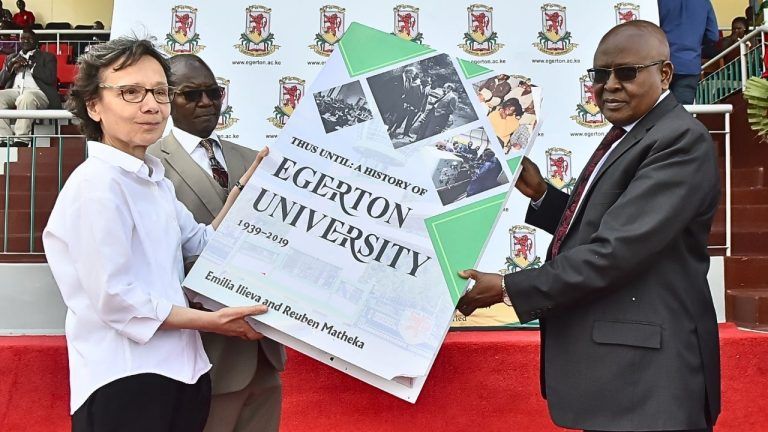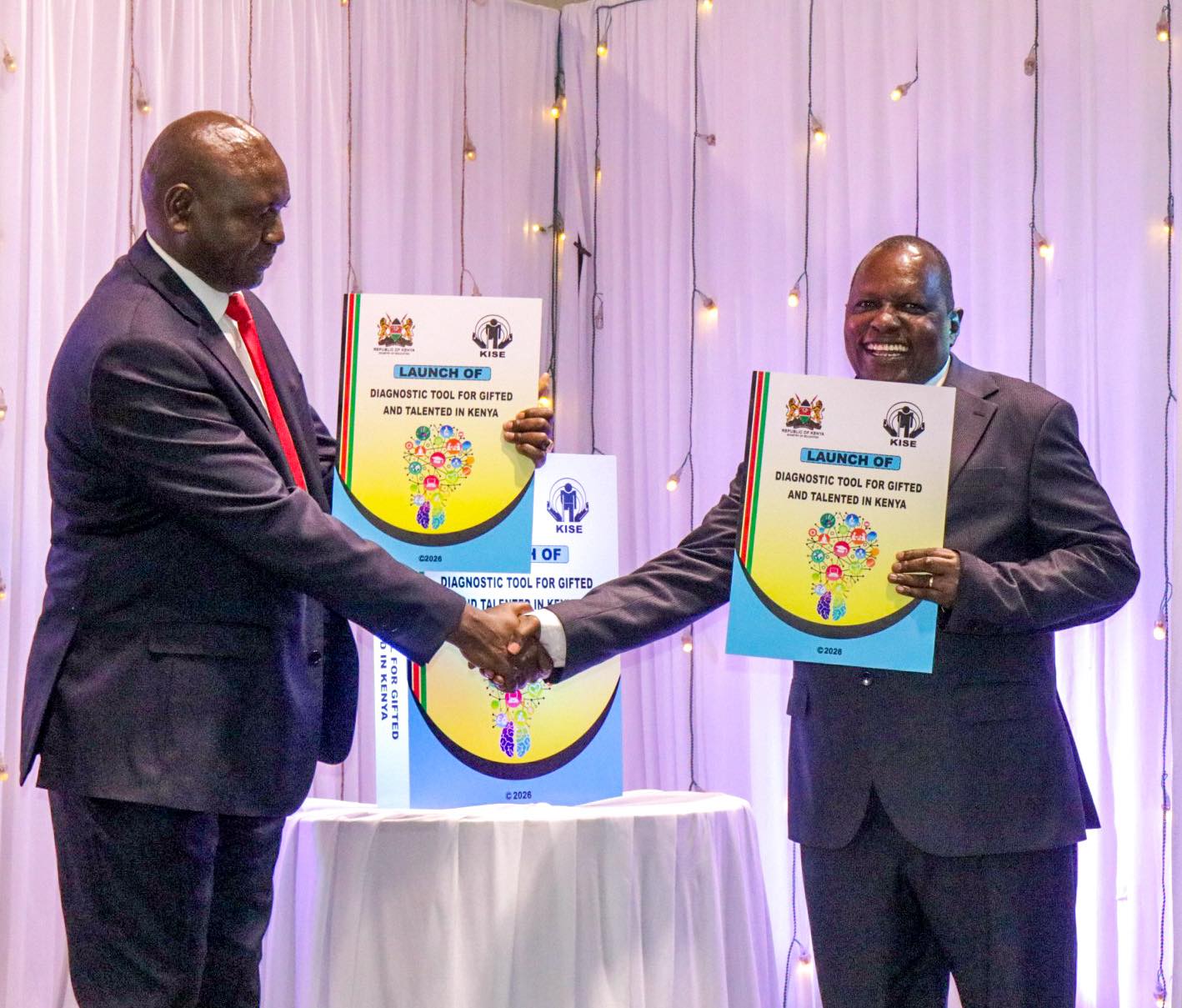By George Otieno
Private schools are ready for transition to Junior Secondary in January next year, the Kenya Private Schools Association (KPSA) has said.
In a meeting convened for private school directors in Kilifi, Chairperson Aidarus Abdulrahman assured the public that private schools were very ready and were giving their all – as an association – to ensure a smooth transition, having embraced the Competence Based Curriculum (CBC) from the word go.
In the meeting whose main agenda was to establish the preparedness of private schools on the transition to junior secondary and the implementation of the CBC, the chair said there were schools that were already prepared for the junior secondary school even as others were on the final stretch of preparations.
“As KPSA, we need to have the junior secondary schools as the numbers are too high considering next year’s double intake and the 100 per cent transition policy given the government’s inadequate capacity to absorb all the children,” the Kilifi County and Coast Region KPSA chair stated.
While appreciating the support and the motivation received from the government through the Ministry of Education, Abdulrahaman acknowledged financial constraints as the biggest hurdle facing the private schools.
He said despite the willingness by financial institutions to partner with private schools, high interest rates charged by the commercial banks were way too expensive for most of the investors.
The chair however added that KPSA leadership, spearheaded by its national chair Charles Ochome, the national secretary Rosebella Ojiambo and the rest of the national officials are in the process of lobbying the government and the financial institutions to come on board and offer help.
The junior secondary schools’ transition, according to the KPSA chair, would have different implications to different players in the industry. For instance, the primary schools that would not have junior secondary schools, the implication would be that their classes would reduce from eight to six bringing down the number of pupils in schools thus having an effect in their finances as well.
On the other hand, those that would be able to establish junior secondary schools will take care of the parents’ concern on their young children in Grade Six moving to high schools; interacting with much older children; bearing in mind the primary schools have since been allowed to host the junior secondary schools category.
“Parents are also concerned about the walking distance of the Grade Six learners; from where they currently are to the existing public secondary schools. But the consideration of the private primary schools hosting secondary schools will give a leeway to maintain the children in their present schools and in return encourage the parents,” said Abdulrahman.
He encouraged the Kilifi private schools’ investors to maintain the much-needed quality standards, for as that is what will keep them ahead of the pack come next year.
The chair further applauded both primary and secondary schools in Kilifi for performing well in last year’s national examinations, adding if private schools in the county and larger nation were to effectively and efficiently take learners through the newly introduced CBC system; in-house training should be regularly conducted to complement existing and planned TSC programmes.
The chair also said there was no turning back on CBC and dismissed the notion that some schools were likely to close down when the curriculum fully takes effect.
“The marketing tool for private schools is good performance. If we embrace CBC fully and maintain and improve the required standards, we will keep doing well and no school will close down for any reason.
“The curriculum is good and designed to assist learners. The nurturing of talents and skills is the best for our children because we all have different abilities,” he maintained.
Other than fully embracing CBC and efficiently delivering it, the chair urged members to submit required data for proper record keeping.
He said it was important for his office to have the records of the number of both primary and secondary schools in the county; both TSC and Board of Management (BOM) teachers; subordinate staff in the schools and the number of schools that are or are not ready for junior secondary.
Such information, he said, will help the parents in making sound decisions on where to take their children next year when the junior secondary commences.






